Associations to the word «Plant»
Noun
- Alga
- Bomb
- Biomass
- Fertilizer
- Poplar
- Cactus
- Tree
- Nectar
- Explosive
- Corn
- Uptake
- Microorganism
- Orchid
- Horticulture
- Yew
- Invertebrate
- Kew
- Refinery
- Conifer
- Nitrogen
- Soybean
- Hemp
- Cellulose
- Microbe
- Harvest
- Flag
- Peach
- Sap
- Inflorescence
- Wheat
- Sludge
- Stalk
- Manufacturing
- Reactor
- Ecosystem
- Filtration
- Stem
- Mango
- Cannabis
- Sprout
- Sup
- Larva
- Caterpillar
- Bug
- Myrtle
- Species
- Phosphorus
- Plow
- Genus
- Elm
- Arthropod
- Bacterium
- Starch
- Barley
- Acorn
- Fixation
- Dispersal
- Acre
- Thorn
- Beet
- Physiology
- Fertilization
- Daisy
- Tulip
- Cucumber
- Forage
Adjective
Pictures for the word «Plant»

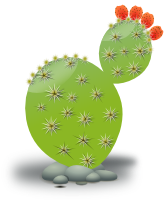 Cactus, Plant, Blooming cactus
Cactus, Plant, Blooming cactus
 Factory, Plant
Factory, Plant
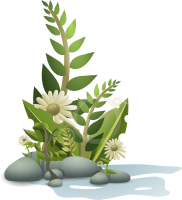 Plant, Grow
Plant, Grow
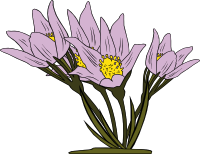 Plant, Flower, Anemone
Plant, Flower, Anemone
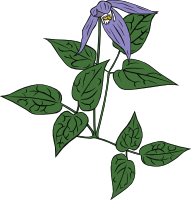 Flower, Clematis, Plant
Flower, Clematis, Plant
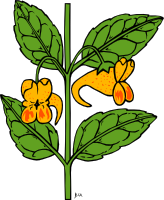 Plant, Flower, Impatiens, Capensis
Plant, Flower, Impatiens, Capensis
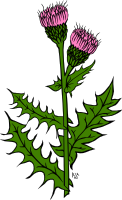 Plant, Flower, Cirsium arvense
Plant, Flower, Cirsium arvense
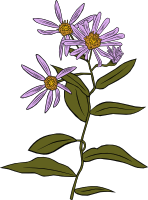 Plant, Flower, Aster
Plant, Flower, Aster
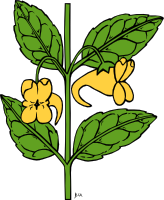 Plant, Flower, Impatiens, Aurella
Plant, Flower, Impatiens, Aurella
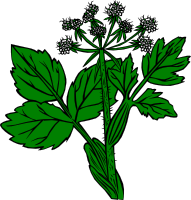 Plant, Flower, Heracleum
Plant, Flower, Heracleum
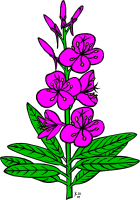 Plant, Flower, Epilobium, Angustifolium
Plant, Flower, Epilobium, Angustifolium
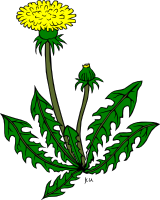 Plant, Flower, Taraxacum, Officinale, Dandelion
Plant, Flower, Taraxacum, Officinale, Dandelion
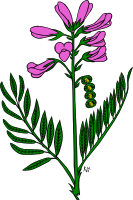 Plant, Flower, Hedysarum
Plant, Flower, Hedysarum
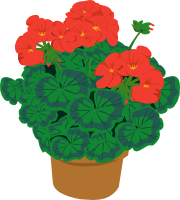 Geranium, Flowerpot, Flower, Plant
Geranium, Flowerpot, Flower, Plant
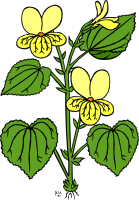 Plant, Flower, Viola glabella
Plant, Flower, Viola glabella
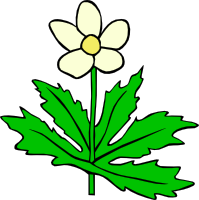 Plant, Flower, Anemone
Plant, Flower, Anemone
 Factory, Plant, Pollution
Factory, Plant, Pollution
 Plant, Flowerpot, House plant
Plant, Flowerpot, House plant
 Cactus, Plant, Flowerpot
Cactus, Plant, Flowerpot
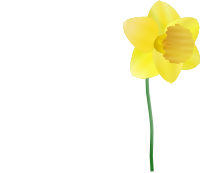 Plant, Flower, Daffodil, Jonquil
Plant, Flower, Daffodil, Jonquil
 Factory, Plant
Factory, PlantWiktionary
PLANT, noun. An organism that is not an animal, especially an organism capable of photosynthesis. Typically a small or herbaceous organism of this kind, rather than a tree.
PLANT, noun. (botany) An organism of the kingdom Plantae; now specifically, a living organism of the Embryophyta (land plants) or of the Chlorophyta (green algae), a eukaryote that includes double-membraned chloroplasts in its cells containing chlorophyll a and b, or any organism closely related to such an organism.
PLANT, noun. (ecology) Now specifically, a multicellular eukaryote that includes chloroplasts in its cells, which have a cell wall.
PLANT, noun. (proscribed as biologically inaccurate) Any creature that grows on soil or similar surfaces, including plants and fungi.
PLANT, noun. A factory or other industrial or institutional building or facility.
PLANT, noun. An object placed surreptitiously in order to cause suspicion to fall upon a person.
PLANT, noun. Anyone assigned to behave as a member of the public during a covert operation (as in a police investigation).
PLANT, noun. A person, placed amongst an audience, whose role is to cause confusion, laughter etc.
PLANT, noun. (snooker) A play in which the cue ball knocks one (usually red) ball onto another, in order to pot the second; a set.
PLANT, noun. A large piece of machinery, such as the kind used in earthmoving or construction.
PLANT, noun. (obsolete) A young tree; a sapling; hence, a stick or staff.
PLANT, noun. (obsolete) The sole of the foot.
PLANT, noun. (dated) (slang) A plan; a swindle; a trick.
PLANT, noun. An oyster which has been bedded, in distinction from one of natural growth.
PLANT, noun. (US) (dialect) A young oyster suitable for transplanting.
PLANT, verb. (transitive) To place (a seed or plant) in soil or other substrate in order that it may live and grow.
PLANT, verb. (transitive) To place (an object, or sometimes a person), often with the implication of intending deceit.
PLANT, verb. (transitive) To place or set something firmly or with conviction.
PLANT, verb. To place in the ground.
PLANT, verb. To furnish or supply with plants.
PLANT, verb. To engender; to generate; to set the germ of.
PLANT, verb. To furnish with a fixed and organized population; to settle; to establish.
PLANT, verb. To introduce and establish the principles or seeds of.
PLANT, verb. To set up; to install; to instate.
PLANT BUG, noun. Any insect in the family Miridae
PLANT BUGS, noun. Plural of plant bug
PLANT DISEASE, noun. A disease that affects plants.
PLANT HORMONE, noun. (biochemistry) Any of many substances, produced by plants, that control or regulate their germination, growth, metabolism etc.
PLANT HORMONES, noun. Plural of plant hormone
PLANT KINGDOM, noun. Collectively, the set of all plants.
PLANT MILK, noun. Any milk-like product that is derived from a plant source.
PLANT OUT, verb. (intransitive) (gardening) To put a plant into the ground outside, from a greenhouse or a plant pot.
PLANT ROOM, noun. A room used to grow plants.
PLANT ROOM, noun. A room used to house large machinery (plant), such as air-conditioning equipment.
PLANT ROOMS, noun. Plural of plant room
Dictionary definition
PLANT, noun. Buildings for carrying on industrial labor; "they built a large plant to manufacture automobiles".
PLANT, noun. (botany) a living organism lacking the power of locomotion.
PLANT, noun. An actor situated in the audience whose acting is rehearsed but seems spontaneous to the audience.
PLANT, noun. Something planted secretly for discovery by another; "the police used a plant to trick the thieves"; "he claimed that the evidence against him was a plant".
PLANT, verb. Put or set (seeds, seedlings, or plants) into the ground; "Let's plant flowers in the garden".
PLANT, verb. Fix or set securely or deeply; "He planted a knee in the back of his opponent"; "The dentist implanted a tooth in the gum".
PLANT, verb. Set up or lay the groundwork for; "establish a new department".
PLANT, verb. Place into a river; "plant fish".
PLANT, verb. Place something or someone in a certain position in order to secretly observe or deceive; "Plant a spy in Moscow"; "plant bugs in the dissident's apartment".
PLANT, verb. Put firmly in the mind; "Plant a thought in the students' minds".
Wise words
A picture is worth a thousand words.